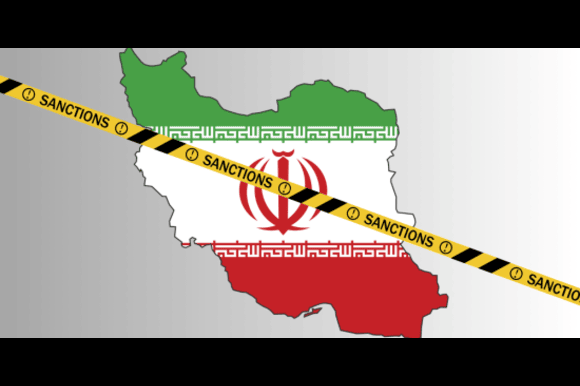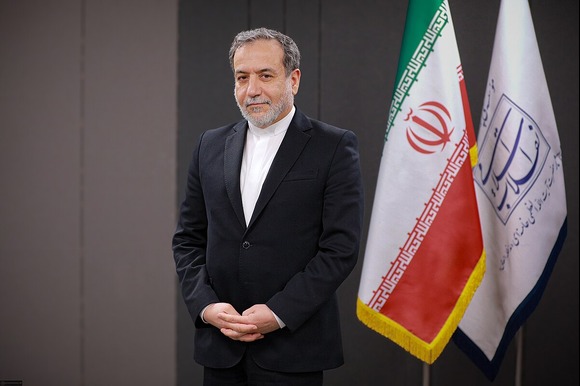
Photo by Jan van der Wolf
On Tuesday, a South Korean court took the extraordinary step of issuing an arrest warrant for President Yoon Suk Yeol, who is accused of rebellion related to his brief declaration of martial law earlier this month. This warrant, which also permits searches of his office and home, represents a historic first against a sitting president.
Yoon’s presidential powers have been put on hold due to his impeachment by the opposition-dominated National Assembly on December 14. The Constitutional Court will make a ruling on whether he will be reinstated or permanently removed. According to experts, the likelihood of detention or searches is low unless Yoon is formally ousted
The Corruption Investigation Office for High-Ranking Officials is looking into whether Yoon’s martial law announcement on December 3 can be classified as rebellion, which is punishable by death or life imprisonment. Presidential immunity does not protect against these allegations, yet Yoon’s attorney has dismissed the warrants as “illegal.”
The martial law declared by Yoon, which was in effect for just six hours, involved the dispatch of military and police units to the National Assembly. In a decisive move, lawmakers unanimously annulled the decree, condemning it as an unconstitutional power grab. Yoon maintained that his actions were a form of governance aimed at suppressing what he termed the opposition’s “anti-state forces.”
A number of senior officials, including the defense minister and the chief of police, have been appreciated for their participation in the declaration of martial law. Accounts from military commanders dispute Yoon’s statement that the forces were deployed exclusively for the purpose of maintaining order.
The ongoing crisis has further increased the instability in South Korea, culminating in the impeachment of acting President Han Duck-soo last week due to issues surrounding judicial appointments. Deputy Prime Minister Choi Sang-mok has assumed the role of interim leader, with the responsibility of addressing the national divide and appointing individuals to the vacant justice positions essential for the Constitutional Court’s decision regarding Yoon’s impeachment. Analysts propose that the issuance of the arrest warrant is a calculated tactic aimed at compelling Yoon to engage with the investigation; however, the feasibility of enforcing this warrant remains in question.



